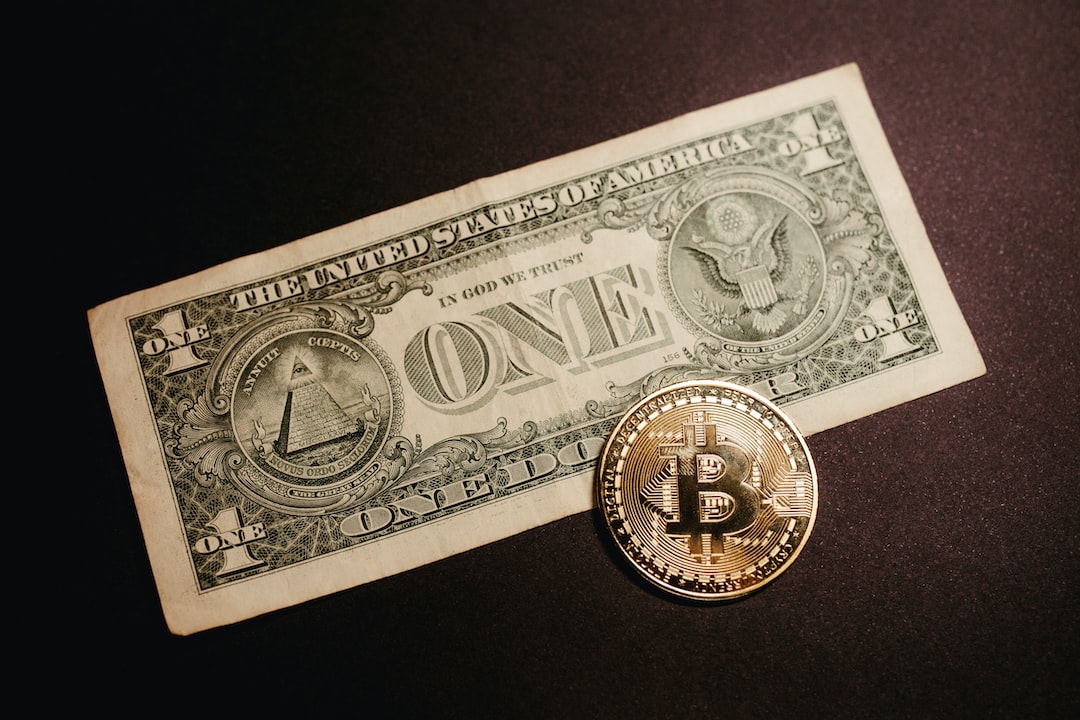The DEA Accidentally Transfers $55,000 in Crypto to a Scammer
The Drug Enforcement Administration (DEA) made a costly mistake when it transferred over $55,000 in cryptocurrency to a scammer during an airdrop blunder. The funds were originally seized by the DEA in May and stored in a hardware wallet. However, a scammer observed the DEA’s blockchain activities and created a fraudulent address that closely resembled the U.S. Marshals’ account. The DEA mistakenly sent the funds to the scammer’s address, thinking it was the correct one.
Key Points:
- The DEA seized over $500,000 worth of USDT stablecoin linked to illicit transactions.
- The scammer mimicked a test transaction by creating a similar address to the U.S. Marshals’ account.
- Cryptocurrency users often only check the first and last characters of an address.
- The scammer used the airdrop method to trick the DEA into sending the funds to the wrong address.
- Upon realizing the mistake, the DEA tried to freeze the funds, but it was too late.
Unfortunately, the DEA’s plea to freeze the funds came too late, as the money had already been converted into ether and bitcoin. The FBI and DEA are working together to investigate the scammer, who used two Binance accounts and anonymous Gmail accounts. The remaining funds in the scammer’s wallet amount to $40,000, with $425,000 received since June. Meanwhile, the Silk Road bitcoin linked to the darknet marketplace has also started moving recently.
Hot Take:
This incident highlights the importance of carefully verifying cryptocurrency addresses before making transactions. Scammers are becoming increasingly sophisticated, and users must remain vigilant to protect their funds. Additionally, centralized stablecoins like USDT can freeze transactions, but it’s crucial to act quickly to prevent unauthorized transfers.





 By
By

 By
By

 By
By
 By
By